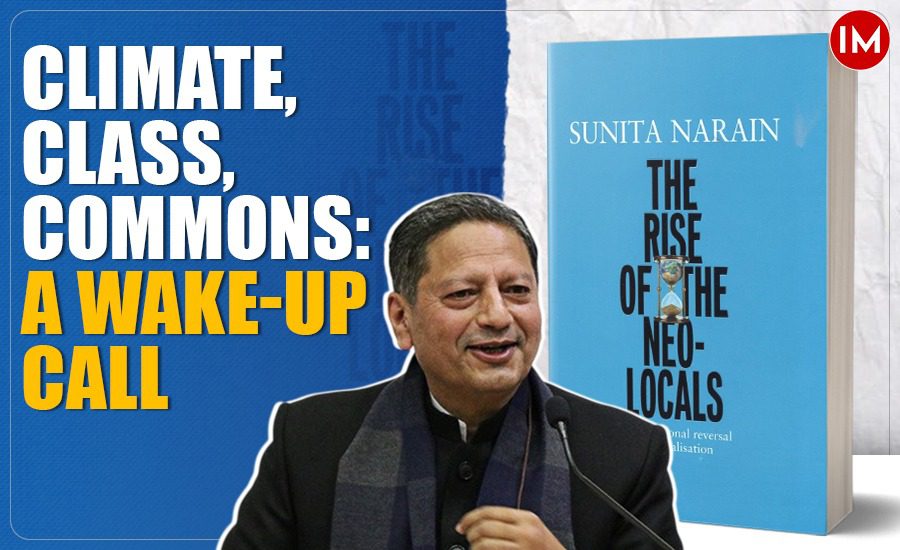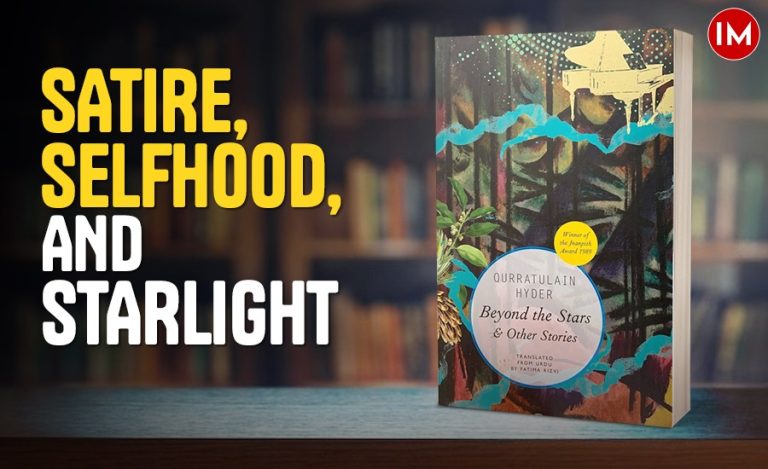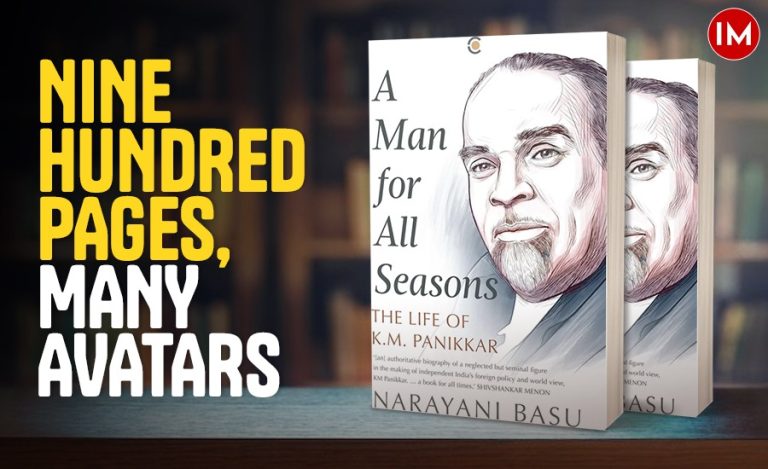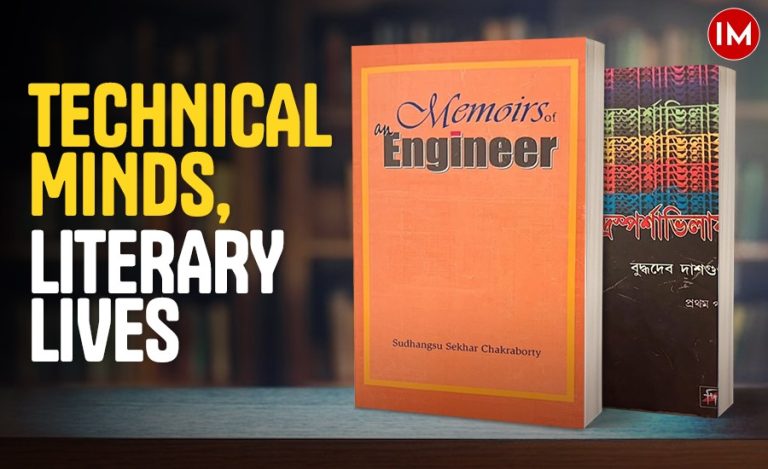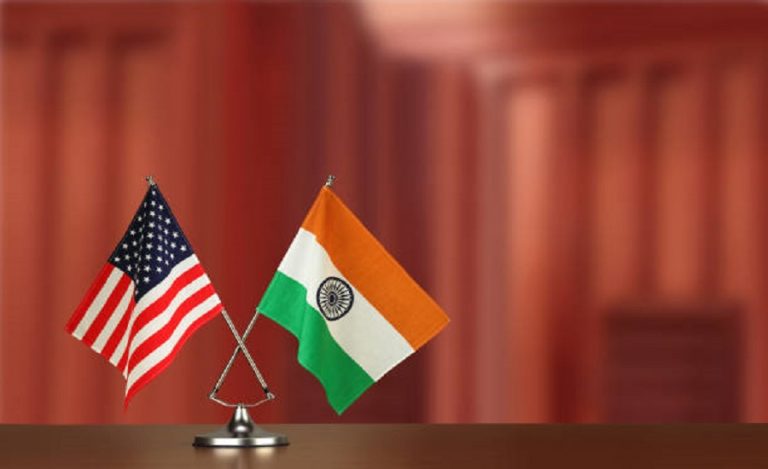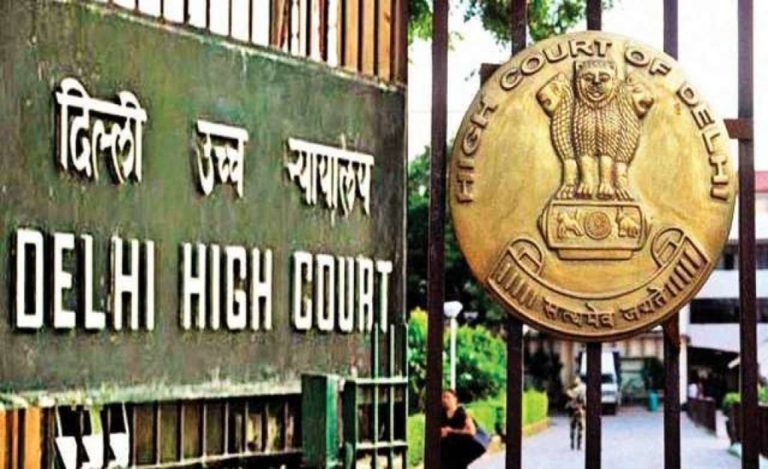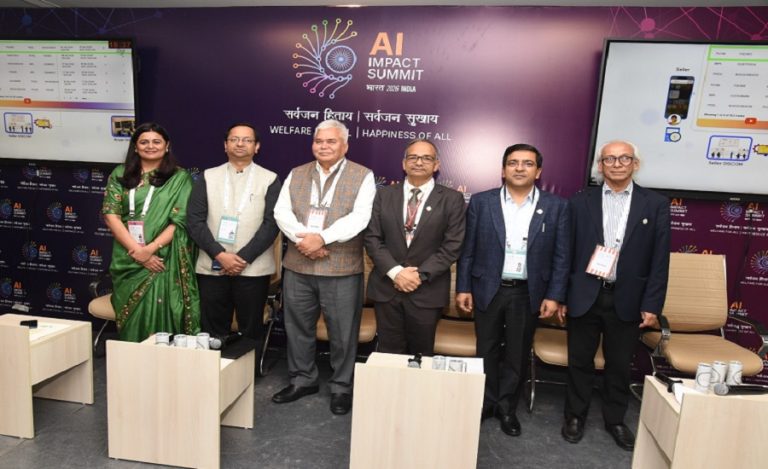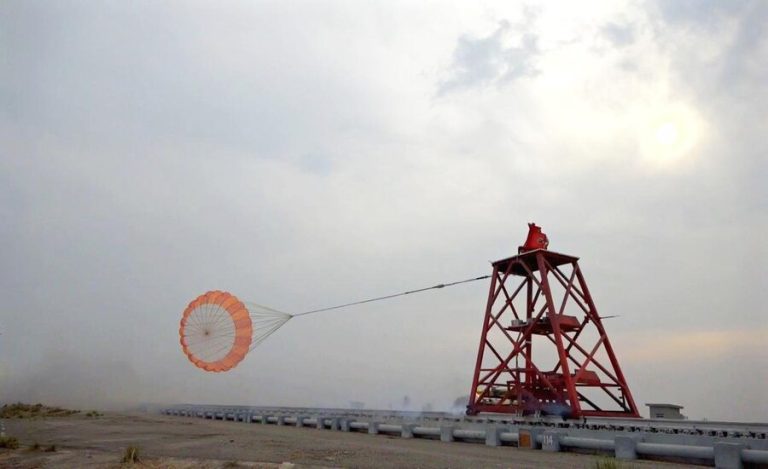The Rise of the Neo Locals: A Generational Reversal of Globalisation by Sunita Narain is a collection of “The Prelusion” (a synonym for “prelude”) and ten essays written between 2016 and 2024. It covers a range of issues, from the ‘global locals’ to energy transition and migration, making it obvious that our existence is ‘Ubuntu’ – which means everyone and everything – the living and non-living, the organic and the inorganic, the present, the past, and the future are all connected.
This is a short but intense book of keynotes and essays from the pen of India’s best-known environmentalist, who has steered both the Centre for Science and Environment (CSE) and Down to Earth (DTE) as important dialogue and action platforms as well as a respected voice of empirical research in the global debates on the subject of ecology, environment, and our shared future.
The Prelusion is a synoptic review of the last six decades of India, of moving from the ship-to-mouth existence when US wheat was provided to India (and other food-deficient countries) under Eisenhower’s PL 480. It talks about the banning of Coca-Cola in 1977, the establishment of the Maruti factory in the early eighties, and the 1991 liberalization of Narasimha Rao and Manmohan Singh. For Narain, 1992 is an important year – it marked the launch of DTE as well as the Rio Earth Summit. The decade also saw global protests – at Seattle and Occupy Wall Street. While the World Bank was only looking at parameters like economic growth, the UN was a shade better. It launched the MDGs and SDGs and nudged governments into putting their time, resources, and attention into improving the condition of the resource-poor people and countries. She discusses COVID-19 and the challenges of individual countries trying to contain a virus that could not be contained by border fences, and the irony of China controlling the critical elements to make the transition from fossil fuels.
‘Global locals’ is about the disruption caused by aggregators like Airbnb and Uber: they own no room or car but have created a matrix in which demand and supply are matched seamlessly, and the users create their own feedback loop. Governments and regulators have no option but to adjust to this new ‘market access force.’ The binary between the formal and the informal is completely shattered and is perhaps the prelude to a different business future.
‘Just between you and me’ is the leaked email between Larry Summers, the Chief Economist of the World Bank, in which he made a forceful argument for the ‘migration of dirty industries to less developed countries.’ Here is an attempt by the developed world to shift the backyard of waste to those regions where those who lived on the margins were deprived, not just of livelihoods, but also of ‘political voice.’ Narain visited some of these dump yards in the vicinity of New Delhi – the Tikri Kalan in the NCT of Delhi and the Modern Industrial Estate in the Bahadurgarh district of Haryana—to see for herself the smoke-belching chimneys and the contaminated groundwater, which has rendered agricultural lands unfit for cultivation besides making dairying and animal husbandry absolutely impossible.
In ‘Waste not the ecological globalization,’ Narain asks, What is dissent? The response of the powerless to prevent something. The nineties saw two global processes—those of economic and ecological interconnectedness – the former represented by the WTO and the IPR regime, the latter by the IPCC and the CBD. However, for all their platitudes about global commons and shared destinies, each individual nation-state was trying to maximize its own gains. In the contest between business transactions and good governance, the former won hands down. When this happened, the asymmetry was wide and visible: those at the margins, especially farmers and primary producers in the non-industrialized countries, were the biggest losers, for agro-input supplies were part of global supply chains, while the farmers’ price discovery depended on local and sub-regional markets. Again, there was a wide gap between prices at the farm gate, and what the consumer paid at the retail end.
In the next essay, she holds the Swedish schoolgirl, Greta Thunberg, up as the herald of the new movement of schoolchildren to demand greater ecological equity from their governments. Now 22, Greta is at the forefront of the protest against the Israeli blitzkrieg in Palestine. Narain hopes and believes that her idealism will grow to change the paradigm of the extant resource extractive business model in favour of a circular economy that respects the rights of future generations to nature.
In ‘The Circles Are Shrinking,’ she questions that paradigm of globalization in which the elite across countries are satisfied with global value chains, which connect raw materials with cheap labor, but shy from political equity. It’s actually a global class war, in which the merchant bankers are pitted against those engaged in primary production. ‘Trumped’ is a discussion on how trade won over climate and consumption over emission control. But Brexit also made it clear that European mandarins were out of sync with the ‘lived reality’ of the vast majority whose incomes were not keeping pace with the rising inflation, and the disparity between wages and the share price index was increasing the gap between the hype and reality of a shared European community. And some of the efforts of the European leaders to cut emissions cut into the lives and livelihoods of their workers, as shown in the yellow vests protest, which brought Paris to a grinding halt.
What is Natural about disasters?
She questions the use of the term ‘natural disasters,’ especially in the context of ecologies that have been transformed on account of anthropocentric interventions. In ‘Climate’s Local Call and the Denier,’ she avers that the unprecedented floods of Kerala in 2018 were a tragedy waiting to happen. The natural drainage system in God’s own country – from forests to paddy fields to ponds and streams – had been decimated by technical agencies that planned ‘flood control and dam management’ with hubris of an unprecedented scale, thereby giving nature an alibi to strike back with vengeance.
‘Reclaiming our Food Sovereignty’ delves into how the food MNCs systematically ruined the profession of home economics and introduced convenience foods laced with white sugar and salt as the ‘new American aspiration.’ Everything had to look and taste similar, irrespective of whether or not it was healthy. No wonder, then, that even the World Bank’s poverty index was linked to the price of a McDonald’s hamburger. Subliminal advertisements got generations hooked on junk food, which in turn helped the pharmaceutical industry. Countries like India still have the potential to reverse this trend – if we ate what we grew locally, it would indeed be the way to a healthier life and a healthier planet.
The heading of the last chapter is a take on the Cartesian aphorism ‘Cogito Ergo Sum: I think, therefore, I am.’ In ‘I Migrate, therefore I am,’ Narain talks about the CAA, the classification of all outsiders in states like Assam, and the fact that demography is indeed destiny, for it shapes the political discourse everywhere. But this is a tough call, for solutions are not simply available by ticking the right columns. People migrate when their ecologies, economies, and political systems are either too fragile or outright adversarial. Although polarization helps political parties win the next election, unless the causal issues are addressed, it is like rearranging the deck chairs on the Titanic as the ship hurtles towards the hidden iceberg.

